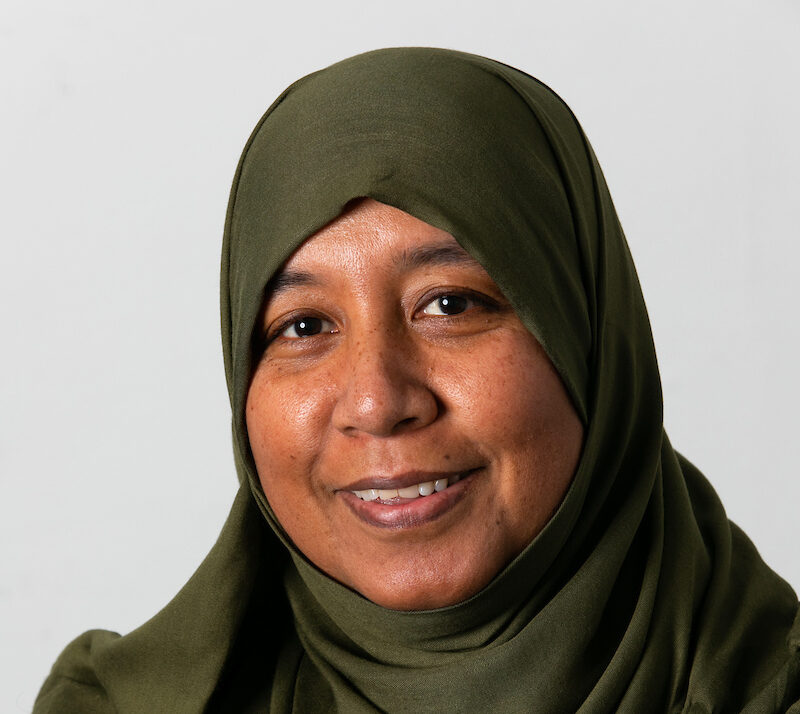Making multi-disciplinary research and collaborations a success
Healthy ageing research is inherently multi-disciplinary, and knowing how best to work well with others can make a big difference during projects. In these talks, we hear first-hand experiences on how to find and secure collaborators, as well as how to work well with collaborators outside of academia. Hear from Dr Chris Hardy, who held a personal Fellowship jointly funded by the Royal National Institute for Deaf People and the Dunhill Medical Trust, and from Dr Manik Gopinath and Dr Mahera Ruby, who run a Dunhill Medical Trust-funded project working with the Bangla Housing Association and the Housing Learning and Improvement Network to develop living environments for Bangladeshi elders.
Drawing from his personal experiences, Chris runs through the numerous reasons why collaboration is an important thing to consider for anyone planning a research project. For example, working with others helps researchers overcome resource limitations, broaden their own understanding of other disciplines, and advance their careers. Next, Chris raises some of the challenges around collaboration, such as the need for managing expectations and making time for regular communication between project members.
Talking through two successful collaboration case studies, Chris shares practical tips for how early career researchers can foster successful collaborations. These include how to find the right people to work with, setting clear goals, considering external mentorships, as well exploring internal funding calls as potential starting points for collaborative projects.
In their talk, Manik and Mahera introduce the Amar bari, amar jibon (My Home, My Life) project, a collaboration addressing housing and health inequalities among older Bangladeshi individuals in East London. Throughout, Manik and Mahera emphasise the importance of co-production and equal partnership.
They outline their approach, which involves working closely with diverse stakeholders from the start, including a Bangla Research Advisory Group from the local community and a professional advisory group of local service providers, practitioners, and policymakers. Data for this project is collected from in-depth interviews with older Bangladeshi individuals. Manik and Mahera reflect on the challenges faced in community research and the value of active listening, adapting to community researchers’ preferences, decentering academic knowledge and building relationships.
Watch the recordings
If you cannot see the embedded videos below, then you can watch the recordings on YouTube at this link.
Meet the speakers

Dr Chris Hardy
Following undergraduate studies in Psychology at the University of Exeter and a Master’s in Cognitive Neuroscience at University College London, Chris undertook his PhD in the UCL Queen Square Institute of Neurology Dementia Research Centre, and completed his thesis in 2017. Since then, he has worked as a Teaching Fellow and Co-Director for the MSc in Dementia and as a Research Fellow. More recently in 2022, he completed a personal Fellowship jointly funded by the Royal National Institute for Deaf People and the Dunhill Medical Trust.

Dr Manik Gopinath
Manik is gerontologist with an interest in the intersections of ageing, place and wellbeing as well as intimate and family ties of older adults.

Dr Mahera Ruby
Mahera is an educationalist with an interest in intergenerational learning, children's learner identities, and qualitative research methodologies.
